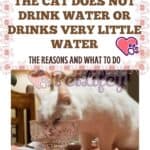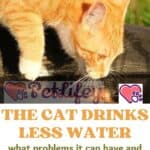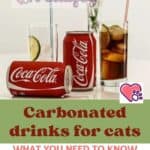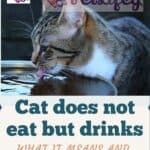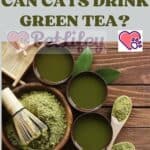
Be careful what you offer to cat. Do you know what drinks are allowed in his diet? In this article we show you what cats can drink and what should be avoided.
It’s hot, you can’t stand the heat and the first thing you do is open the refrigerator and drink whatever comes your way to quench your thirst and get some relief. If you think you are offering cat what you are about to drink, you would do well to stop and think about it better. Cats cannot drink all “human” drinks, indeed many of these are absolutely forbidden. What must never be lacking in cat in summer is always fresh and clean water. But let’s see what drinks are allowed.
From juices to coconut water: what can cats drink? And what absolutely not?
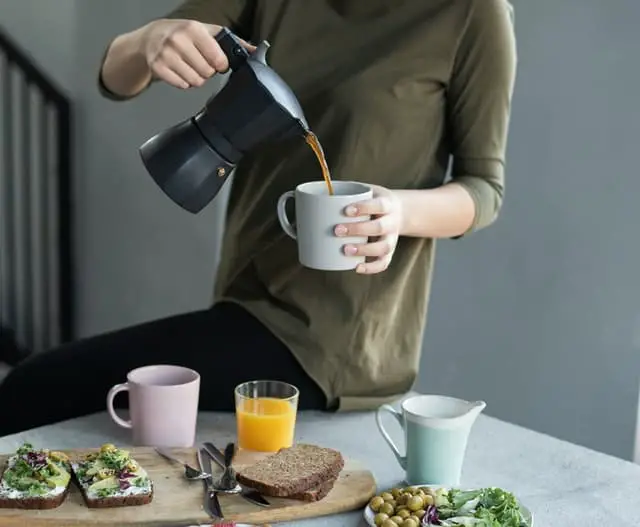
Coffee and tea: they are highly toxic to felines. The reason? Caffeine stimulates the heart, nervous system and works as a diuretic causing dehydration in the cat. A large amount of caffeine can cause severe heart and respiratory system reactions. If cat has accidentally taken caffeine you will be able to recognize the symptoms: palpitations, increased breathing rate, agitation and convulsions. In addition to coffee and tea, drinks containing caffeine as well as cocoa and chocolate-based sweets are therefore absolutely prohibited.
Cow’s milk: a nice bowl of fresh milk for cat? No thank you. Cats, once they become adults, become lactose intolerant. If you offer milk to an adult cat, they may have diarrhea.
Goat milk: if your cat tolerates milk, raw goat milk is a good option, but it must always be given in small doses and infrequently. Goat’s milk has a higher mineral and vitamin content than cow’s milk, includes some taurine, and has a slightly lower amount of lactose.
Coconut water: contains high amounts of potassium so it can be offered to Kitten, but with caution.
Juices: the fruit absolutely forbidden for cat is grapes and raisins, avocado, banana, oranges, lemons, mandarins and citrus fruits in general. Lemon, vinegar and other acidic foods, if liked by your cat, can have side effects on the gastrointestinal level, causing problems such as diarrhea or vomiting. On the other hand, the cat can be offered, for example, melon and cucumber juice, an apple drink, vegetable milk shake, carrot and pear, a smoothie with water kefir, peach and strawberries or a refreshing watermelon juice. Obviously all homemade. Commercial fruit juices should be avoided because they contain sugars and preservatives that are harmful to the cat’s health.
Energy drinks for sportsmen or supplements: absolutely not! Being loaded with vitamins, minerals and sugars, they are suitable for humans but not for cats. The ingredients in these drinks can cause severe vitamin and mineral imbalances.
Alcohol: Alcoholic beverages severely affect the liver, respiratory system and nervous system of the cat and often cause irreversible damage. A modest amount of wine, beer, spirits, cocktails can lead the cat to an alcoholic coma or even death.

